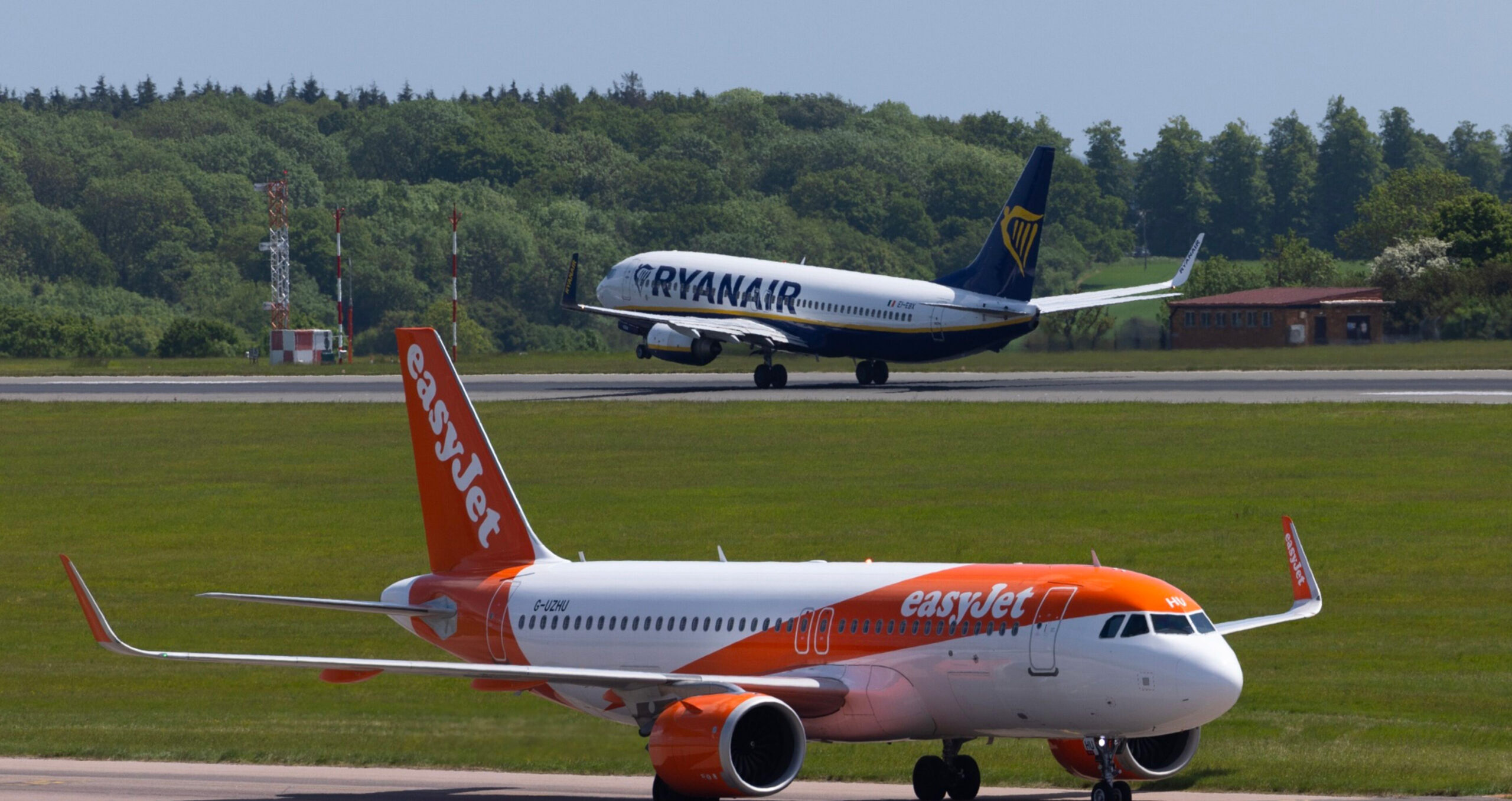
Non-profits launch yet another challenge against EU taxonomy

After challenging the European Commission decision to allow gas and nuclear power to be considered ‘sustainable’ under its taxonomy, environmental groups are now taking the EU executive to task over its plans for aviation and shipping
The EU’s green taxonomy – designed to provide clarity over sustainable investments – is once more under fire, as a group of non-governmental organisations launches a further legal challenge against the European Commission.
Environmental groups have already filed challenges in 2022 against the inclusion of fossil gas and nuclear energy in the taxonomy.
Five organisations from the UK, the US, the Netherlands and Belgium want the EU executive to review its sustainable investment rules for aviation and shipping as laid out in amendments to the Climate Delegated Act adopted in June 2023.
Fossielvrij, Protect Our Winters, Dryade, CLAW and Opportunity Green argue that the aviation criteria would allow “planes that meet weak fuel efficiency standards, or are certified to fly on low levels of sustainable aviation fuels” to potentially be “taxonomy compliant”. All of the order books of budget airlines Ryanair, easyJet and Wizz Air and 90 per cent of the order books of Airbus “could be considered best-in-class” and suitable for sustainable investment, the non-profits say in a press statement.
They say that also, under the rules, “LNG-powered ships could also be taxonomy compliant, despite LNG being a highly polluting fossil fuel which produces methane, a greenhouse gas which is 80 times more potent than CO₂ in the short term”.
The organisations maintain there is “no robust scientific evidence for these criteria, and that they potentially jeopardise climate mitigation efforts and the EU’s legally binding climate targets”.
Hiske Arts at Dutch NGO Fossielvrij adds that, unless something changes, “money meant for climate solutions will end up fuelling climate disaster”.
“These new criteria mean that huge amounts of money invested in polluting planes and ships could be labelled green,” Jo Dardenne, aviation director at the Brussels-based NGO Transport and Environment, tells Sustainable Views. “If the proposed rules get the green light, it will be one of the biggest acts of aviation and shipping greenwashing in recent decades. Money matters; that’s why it is great that NGOs are challenging this.”
Laurent Donceel, deputy managing director at A4E, a Brussels-based body representing European airlines, insists the industry is serious about cutting emissions and needs finance to meet its goals.
“European aviation is firmly committed to achieving net zero carbon dioxide emissions by 2050,” Donceel tells Sustainable Views. “By rapidly adopting the latest aircraft technology, we will already make significant strides, cutting CO₂ emissions by up to 25 per cent. This approach aligns with the commission’s taxonomy objectives and establishes a stable and predictable financial framework for airlines to finance the innovative, far-reaching and long-lasting developments that will change the face of the industry in the long term.
“In Europe, €820bn of additional premium expenditures will be required in the next 26 years for the sector to decarbonise in line with the sector’s net-zero ambitions,” Donceel adds.
Increased potential for ‘transition washing’
A commission spokesperson confirmed to Sustainable Views that it had received the NGOs’ request and would reply “in due course” in line with Article 10 of the Aarhus Regulation, which sets out the conditions for how an EU institution should respond to a request by a NGO for an internal review of an administrative act. If the EU executive fails to address the legal challenges raised, the next step could be action before the European Court of Justice.
“By embracing unscientific criteria, the EU undermines the credibility of its taxonomy, exacerbating transition-washing, and contradicting its Green Deal objectives,” Sebastien Godinot, senior economist at the WWF European policy office, tells Sustainable Views. “This is a lose-lose situation that should be avoided.”
WWF, along with ClientEarth,Transport and Environment and Bund (Friends of the Earth Germany), is the initiator of a previous case against the commission’s decisions around the taxonomy, namely its categorisation of gas-fired power as green. It anticipates a hearing from the European Court of Justice on the matter later in 2024 and a judgement some time in 2025.
Meanwhile, Greenpeace and Austria have submitted separate legal challenges against the commission’s decision to include both gas and nuclear in the taxonomy. ClientEarth is also mounting a legal challenge to the EU executive’s decision to label bioplastics and the use of forest biomass for bioenergy as “green investments” under the taxonomy.
Similar Articles

EU should support lower-income countries through ‘sustainable finance advisory hub’

In Brief: EU parliament rubber-stamps CSDDD; US imposes strict rules on carbon pollution from power plants


